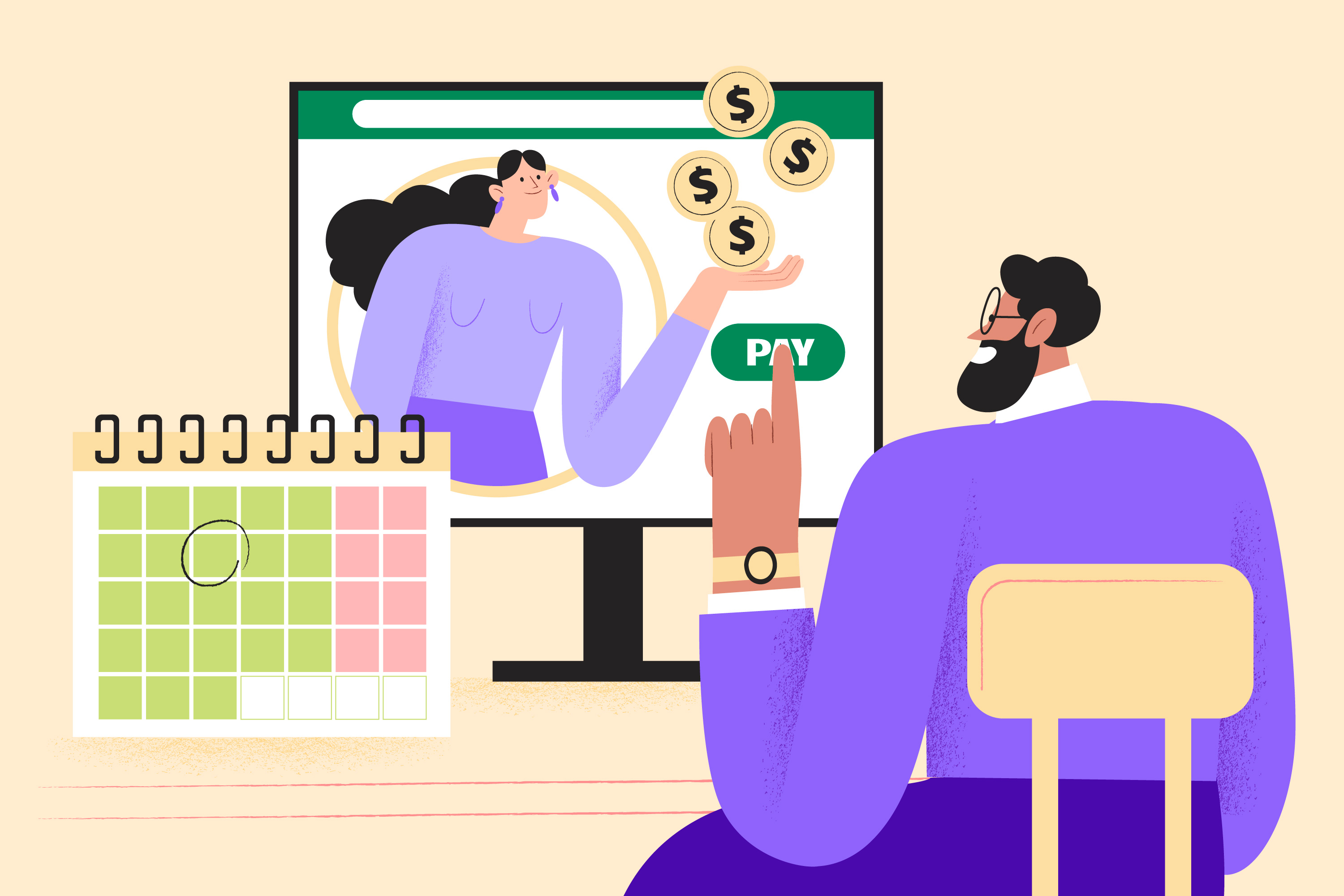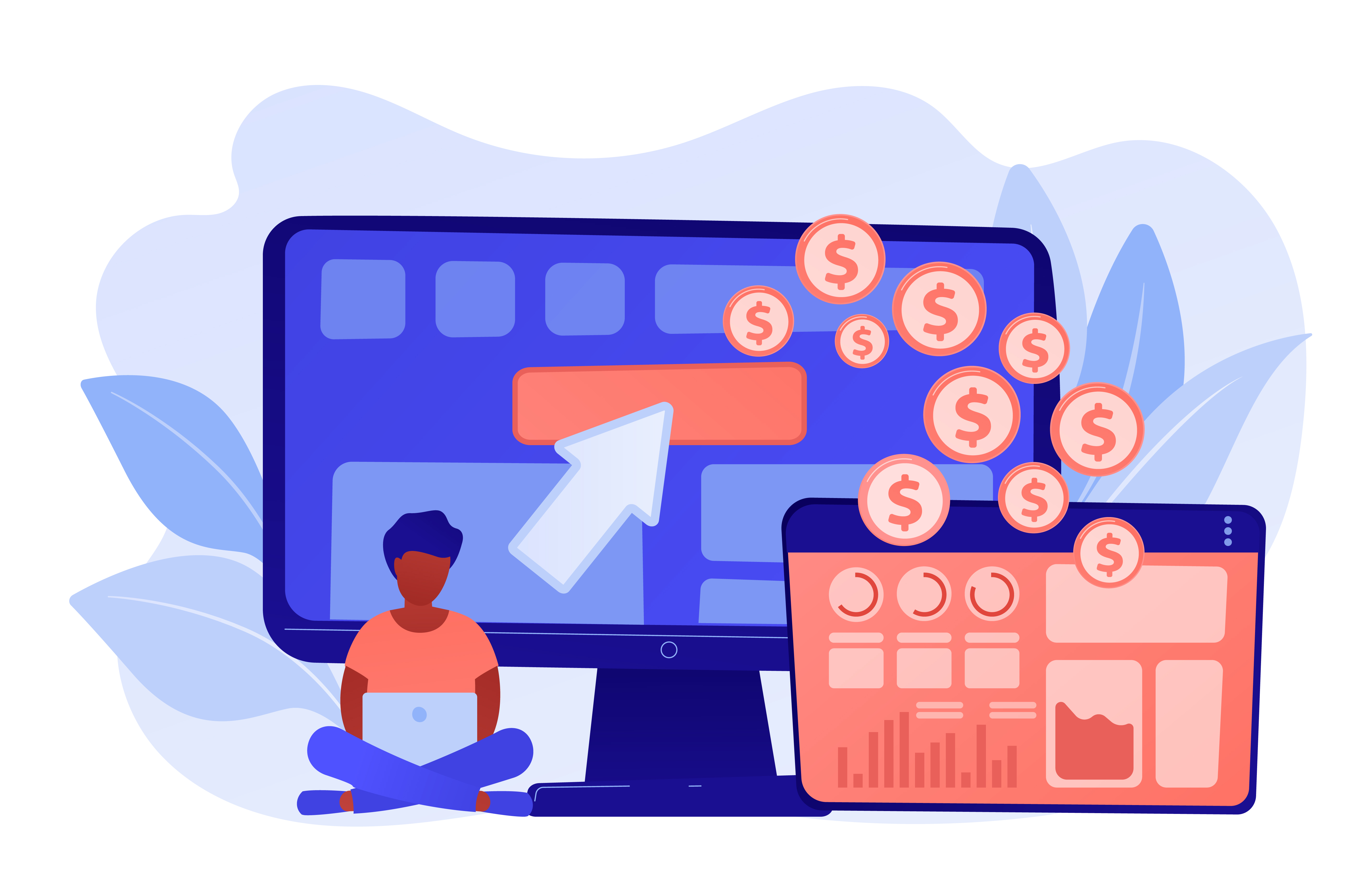Event management software helps people plan, organize, and run events. It takes care of guest lists, ticketing, schedules, and even communication. When used on phones, it becomes an event management mobile app, which means guests and staff can manage things on the go.
The average event management software pricing depends on what features you need. According to Upwork, freelance developers may charge between $10 and $100 per hour, depending on their skill level and region. If you're building a full SaaS application, it may cost $25,000 to $120,000 or more, relying on Admiral Studios' experience. Also, Statista reports that the average mobile app development price worldwide in 2023 was around $50,000 for a mid-range app.

What Affects the Price of Event App Development?
Event apps are now a big part of the planning world. You can’t rely on paper and spreadsheets when you’ve got hundreds of guests, multiple speakers, and changing schedules. These apps make it easy to update things in real time, send reminders, manage sign-ups, and more.
But the big question is: what does an event app cost to build:
- App features: The more tools you want, the more it’ll cost. If you only need ticket scanning and a guest list, it’s cheaper. But if you want chat, live updates, maps, speaker profiles, and more, it adds up.
- Platform choice: Do you want the app on Android? iOS? Both? Each platform takes time, and time is money.
- Design complexity: A simple app with a plain layout is faster to make. A sleek design with animations takes more work.
- Team size and location: A solo developer from Eastern Europe may charge less than a team in the U.S. This has a big effect on event app development pricing.
- Back-end system: If you’re building a full SaaS application, you’ll need a dashboard, user roles, analytics, and storage. This adds weeks of work.
- Maintenance and updates: After the app is live, you’ll still need updates, bug fixes, and help if something breaks.
The truth is, there’s no single answer to how much event mobile app development costs. A small event planner might get a simple app for under $20K. A big company might pay over $100K for a detailed system that works across devices with real-time updates.
Still, it's worth it. With the right app, you can plan better, react faster, and give your guests a smoother experience. The best plan? Start with your goals, list the must-have features, and talk to developers. Then, you’ll have a clear picture of your event application pricing.

How Much Does It Cost and How Long Does It Take to Build an Event App?
Creating an app for an event isn’t just something giant companies do anymore. These days, even small event folks want something easy to help them handle guests, post the schedule, and let people know what’s going on. But there’s always that same question: what’s it gonna cost to build one?
Why People Want Event Apps
Imagine you’re planning a business conference or a wedding fair. You’ve got people coming, speakers scheduled, and a lot of moving parts. Paper tickets, Excel files, and email chains just don’t cut it anymore. That’s why many people now create an app for an event, to make things easier, faster, and less messy. These apps help you manage:
- Guest lists
- Registrations
- Live updates
- Venue maps
- Speaker info
- Feedback forms
- And sometimes even chats or networking tools
They save time and reduce stress during planning and the actual event.
How Long Does It Take to Build an Event App?
It depends on what you want. A simple app with just a guest list and ticket scan? That’s one thing. A big app with real-time chat, maps, schedules, and dashboards? That’s another story. Here’s a general breakdown:
1. Basic Event App
- Includes registration, check-in, and a basic schedule.
- Takes about 2–3 months.
- Often used by small events or one-time users.
2. Medium Event App
- Adds speaker profiles, push notifications, and ticket payments.
- Takes about 4–6 months.
- Works well for companies hosting regular events.
3. Complex Event App
- Has real-time updates, networking, sponsor ads, and admin panels.
- Can take 6–12 months or more.
- This is the type you see at major expos or global conferences.
The timeline depends on:
- The number of features
- Whether you want it on Android, iOS, or both
- If you need a back-end dashboard
- How many people are on the development team
The more features you want, the longer it takes. And if you’re building from scratch instead of using templates, expect more time.
What Influences the Event Planning Costs?
When we talk about event planning costs, the app is only one part of it. But still, the app can take up a big chunk of your budget, especially if it’s a key part of how the event works. The total event app development cost depends on several things:
- Features: Each new feature (like chat, ticket scan, speaker bios) adds more time and money.
- Design: Custom design looks great, but takes more work. Basic design is faster and cheaper.
- Platform: Building for iOS and Android takes more time than just one.
- Back-end system: If you want an admin panel to manage your event info from your laptop, that’s extra.
- Location of the team: A developer in the U.S. may charge $100–$150/hour. In Eastern Europe, it might be $30–$70/hour.
So, if you’re building a basic app, you might spend $20,000–$40,000. A more detailed one might be $50,000–$120,000, and a complex one can go over $150,000.
What Is Web App Development and How Does It Fit In?
What is web app development? It is like a website, but smarter. It works in a browser and does things that websites normally don’t—like letting people log in, send messages, and manage things. For event apps, a web version is super useful. Here’s why:
- Attendees can register from their laptops.
- Organizers can manage everything without needing to download an app.
- Speakers or sponsors can upload materials easily.
- You can build just a mobile app, just a web app, or both. Many events go for both to cover all devices.
Is It Better to Build or Use a Pre-Made Tool?
Not everybody has to start from zero. Some platforms give you ready-made templates for event apps. You pick one, tweak a few things, and boom, you’ve got an app. It’s quick. It’s not too expensive either. But if your event is big or you’ve got special needs, going custom might be smarter. You’ll get something that actually fits what you want, not just something that kinda works.
Some folks begin to create an app for an event with a template just to see how things go. Later, when they know what works and what doesn’t, they invest in a proper app built just for them. That way, they don’t waste money up front.
Yes, building your own app takes time. And yeah, it costs more. But it can make things a whole lot easier. No scattered notes, no chasing guests for updates, it’s all in one place. The timeline depends on what you want inside. More stuff means more work. And more work usually means more cash. But if it saves you headaches later? Might be worth it.

What Are the Risks of Building an Event Management App?
Many people jump in too fast, not knowing what could go wrong. And when things do not work, it usually means delays, lost money, or a bad guest experience.
Going Over Budget
A common problem with event apps is cost. You may start with a certain budget in mind, but things don’t always go as planned. A new feature gets added, a developer takes longer than expected, or something breaks and needs fixing. Suddenly, you're spending way more than you thought.
The cost to develop an event management app depends on what you need and how well the project is managed. If the project isn’t clear from the start, even small changes can add up fast. That’s why planning every part before development begins is so important. It saves money and avoids panic later.
Adding Too Many Features
It’s easy to fall into the “more is better” trap. You see all the cool tools in other apps and want them too—chat, maps, feedback forms, alerts, sponsor ads, networking features. Before you know it, the app does everything… and nothing well.
When an app gets overloaded, it becomes hard to use. People tap around, get lost, and stop using it. Keep it simple. Focus on what your guests need the most. Once the basics work well, then maybe add more. Starting with a long feature list is just asking for delays and bugs.
Picking the Wrong Team
Not every developer knows how to build a solid event app. Some are fast but careless. Others take forever and never finish. A few promise everything, then disappear halfway through. It happens more than you’d think.
The problem isn’t always just skill—it’s communication, too. If the team doesn’t ask questions, doesn’t share updates, or doesn’t test things properly, the app can fall apart. Choosing people who understand both tech and events helps a lot. And staying in touch during the project is just as important as writing good code.
Forgetting Real Testing
You’d be surprised how many apps are launched without proper testing. The buttons work, the screen loads, and that’s it. But what happens when 1,000 people open the app at once? Or if someone loses connection? What if a guest tries to register and nothing happens?
That’s why testing matters. Not just once, but many times, in different ways. Try it on phones, on tablets, with slow Wi-Fi, in busy areas. Every problem you find early is one less thing to worry about on event day. Skipping this step can cost you time, guests, and your peace of mind.
Rushing the Process
Planning an event takes time. So does building an app. Trying to squeeze both into a short window never works out well. But people often wait until the last minute, thinking the app will just come together quickly. It won’t.
Design takes time. So does writing the code, testing it, fixing bugs, and trying again. If you start late, you rush everything. And rushed apps break. The best way to avoid this is to start early—even if you begin with something small. A basic version of the app is better than nothing at all.

What the Costs Really Mean
Building great event management software is possible, but not without risks. You can run out of money, get stuck with the wrong team, build too much, or launch something that doesn’t work. It’s not just about features or design, it’s about timing, planning, and making smart choices from the start.
The cost to develop an event management app depends on how simple or complex you want it, and whether you're building for phones, desktops, or both. Some teams only build mobile versions. Others focus on web application development services. Either way, clear goals and good planning make all the difference.
If you’re looking for a team that knows how to build something solid, and not just fast, Admiral Studios is here for you. We build apps that work when it matters most. No stress. No guessing. Just results.
The answers to your questions
Can I customize the event management software according to my specific needs?
Yes, you can. Whether you want something simple like guest check-ins or something more detailed with maps, alerts, or feedback tools, it's all possible. It just depends on your goals and budget.
How long does it usually take to develop event management software?
It really depends on what features you want. A basic version might take around 2–3 months, while a more advanced app could take 6 months or more. The more complex the app, the longer it takes.
What are the most important features in an event management app?
Most people look for guest registration, ticketing, schedule viewing, and real-time updates. For bigger events, things like networking, maps, and push notifications also help. It all depends on the kind of event you’re planning.
Which platform should I choose for my event app?
If you’re expecting a mix of users, building for both iOS and Android is a good call. A web version also helps people who don’t want to download anything. The best choice comes down to your audience and budget.
